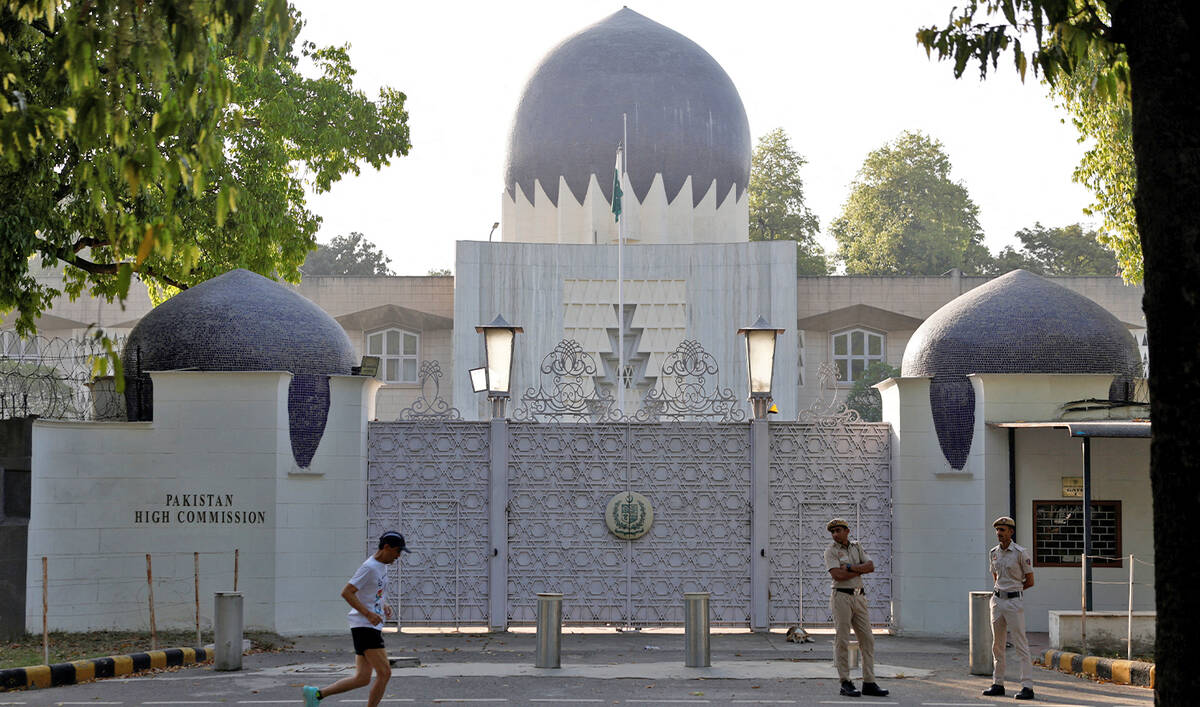DUBAI: Muniba Mazari is a famous Pakistani artist, model, activist, and motivational speaker. She uses a wheelchair because of injuries sustained in a car accident at the age of 21. She is also the National Ambassador for UN Women Pakistan.
She is in Dubai for her first international exhibition. Titled as “And I chose to live,” the exhibition was organized in Pakistan Association Dubai and hundreds of Pakistani community members attended and appreciated her work.
While speaking on the sideline of the exhibition, Mazari told Arab News that Pakistan is a very creative nation but a little more encouragement and a lot more exposure is all we need.

Mazari said creative expression needs a lot of courage. “Pakistani artists are very courageous because they choose challenging topics and depict social change in their artwork. (However) there are people on our society who don’t appreciate such art, but then there are those who understand and support those artists and their vision.” (Photo courtesy: Muniba Mazari)
She denied the notion that Pakistan has few women artists. On the contrary, she said: “There are a lot of women artists in Pakistan but unfortunately they don’t get a chance to exhibit their work at bigger level. That’s why you don’t see them in the mainstream. We need to encourage and promote their work or they’ll always be left behind.”
When asked about her most favorite artist, she said: “In Pakistan my most favorite artist is Saeed Akhtar and globally I love the works of Thomas Fedro and Frida Kahlo.”
Mazari said the state should take care of its artists. “It’s heartbreaking to see artists struggling for their basic rights. You cannot make a living as an artist and that’s one of the major reasons why people don’t want to pursue art as their main career. It comes with a lot of financial challenges. It is the responsibility of the state as well as our society to support the artists, especially the ones who are in need.”
She said Lahore was the most artistic city, rich with cultural diversity. Karachi comes second, whereas the rest of the cities were slowly evolving. “I wish we have more art galleries in all the cities of Pakistan where people can go and experience art.”
Mazari believes that art can fight extremism. “Art is the most powerful way of highlighting social issues and fighting taboos. But for that we need to make art more accessible to the masses.”























